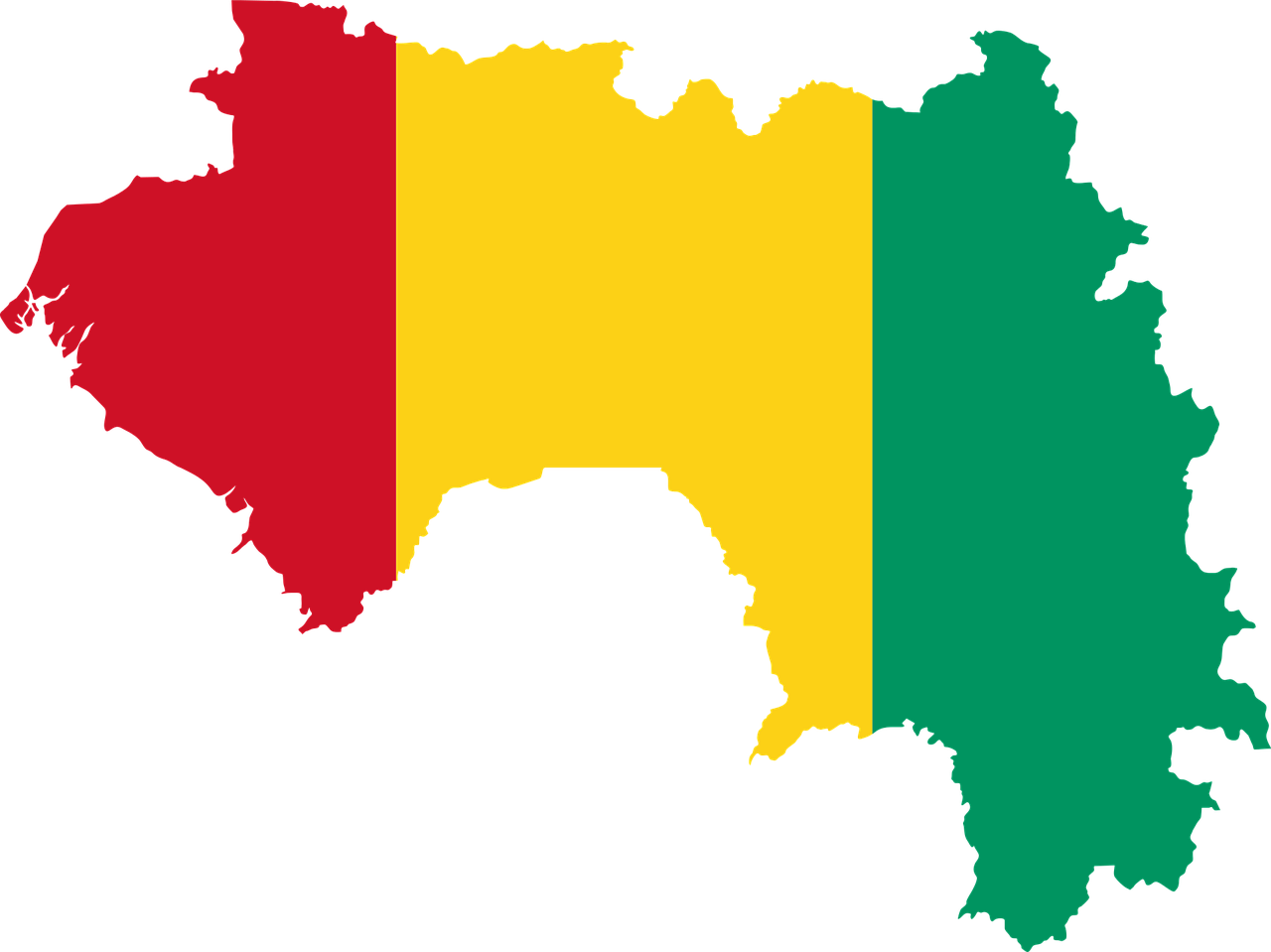Press Relations in Guinea: A Complete Guide to Effective Communication

Press Relations in Guinea: A Complete Guide to Effective Communication
Introduction
Guinea has an evolving media landscape, strongly influenced by community radio and a growing online press sector. To communicate effectively in this West African country, you need to know the priority channels and adapt your message to local realities.
This guide highlights the media context, key outlets, and best practices for successful press relations in Guinea.
1. Guinea at a Glance
Capital: Conakry
Population: ~13.5 million
Official Language: French (with national languages such as Pular, Susu, Malinké, etc.)
Region: West Africa
Borders: Senegal, Mali, Côte d’Ivoire, Sierra Leone, Guinea-Bissau, Liberia
Political Context: alternating between democratic openness and political tensions
Economy: major mineral resources (bauxite, gold, diamonds), agriculture
2. Press Freedom and Media Environment
Progressive opening since the 1990s for print, and 2005 for broadcast media
Legal framework: the Constitution guarantees freedom of expression, though enforcement remains fragile
Challenges: journalist arrests, political pressure, internet shutdowns during sensitive periods
Evolution: growth of private outlets, active community radios, expanding online press
Key feature: radio remains the most influential medium, especially in rural areas
Key takeaway: In Guinea, radio is the #1 strategic lever to reach a wide audience.
3. Key Media Outlets in Guinea
Print Press
Le Lynx – Leading satirical newspaper
L’Indépendant – General daily
Horoya – Official newspaper
Affiche Guinéenne – Weekly news
Africa Times Magazine – Economic and political magazine
Radio (dominant medium)
Espace FM (Conakry)
Espace Kakandé (Boké)
Espace Foutah (Labé)
Espace Forêt (Nzérékoré)
RCK FM (Kamsar)
Linx FM
Television
RTG (Radio Télévision Guinéenne – public broadcaster)
FOLY TV
WEST AFRICA TV
AFRIK INFO TV
Digital Media
News websites based in Conakry and other large cities
Uneven development by region, with limited internet access in rural areas
4. Specifics of Press Relations in Guinea
Radio = priority channel, especially outside the capital
Importance of local networks to secure message diffusion
Some outlets are politicized → requires an adapted approach depending on context
Rules can shift during elections or political transitions
Community radios hold strong influence due to their local roots and use of national languages
5. Tips for Successful PR Campaigns
Work with community radios to reach rural areas
Adapt messages linguistically (French + local languages)
Maintain strong relationships with editorial teams to ensure coverage
Anticipate political shifts that may disrupt campaigns
Focus on proximity and local relevance to build credibility
Conclusion
In Guinea, press relations rely on radio dominance, strong local networks, and a nuanced understanding of the political environment. Successful campaigns combine tailored content with partnerships involving trusted local actors.
Similar articles
Loading similar posts...
Subscribe to our Newsletter
Don't miss anything! Subscribe to our newsletter to receive the latest articles, tips, and news directly in your inbox.